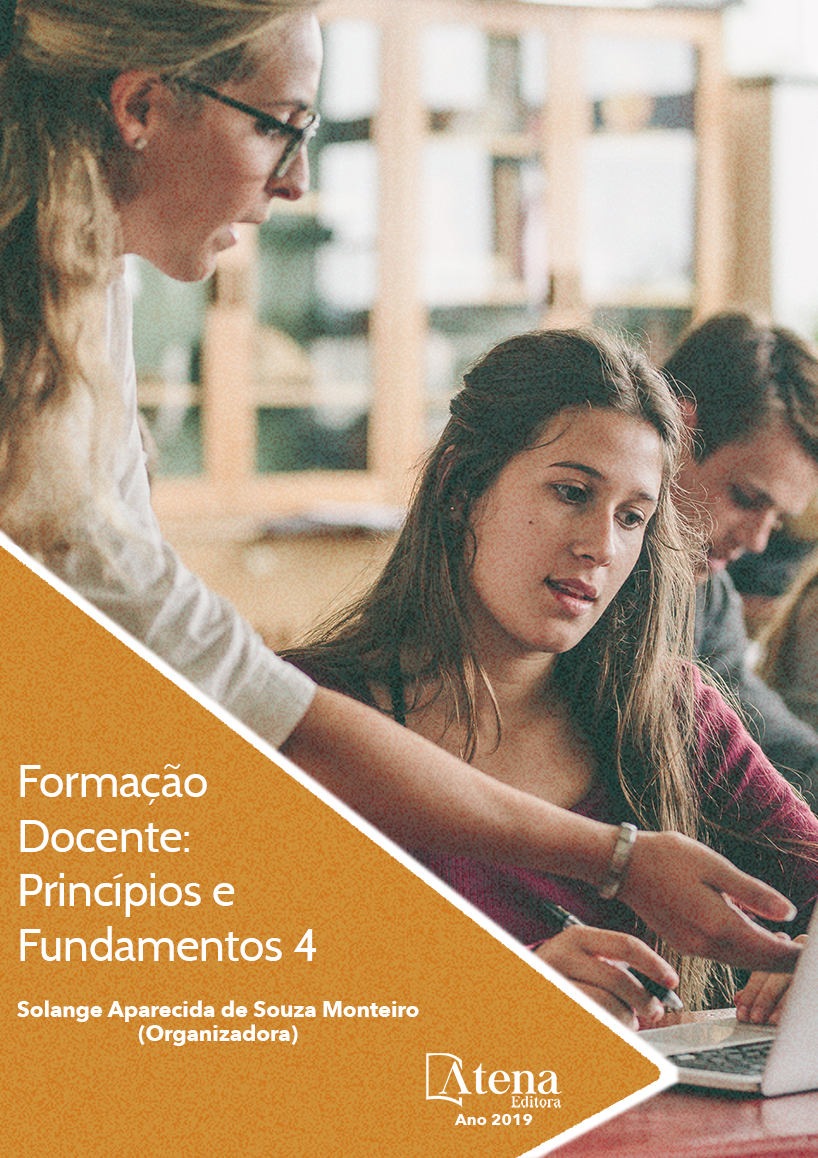
FORMAÇÃO, IDENTIDADE E PRECARIZAÇÃO NA EAD: O PROFESSOR TUTOR EM FOCO
O ensino a distância é uma
modalidade que facilita a gestão de tempo nos
estudos. Apesar das distâncias encurtadas,
o EAD é questionado em relação à atuação
dos tutores e sua formação. Uma diversidade
de tarefas é alocada aos tutores, que não se
identificam como professores. Observações
realizadas mostraram que os tutores se
empenham na realização das atividades e na
mediação com alunos, porém não se reconhecem
como professores. Este trabalho tem objetivo
de investigar as dificuldades dos tutores
nesta modalidade. Pesquisa fundamentada
em Litwin (2001) e Belloni (2012) destaca as
problemáticas na formação dos tutores, como
a precarização e a falta de identidade docente.
Nesse sentido, os estudos de Pimenta (2012) e
Nóvoa (1992) contribuíram para compreender
este processo. A pesquisa foi realizada com
docentes que lecionam no ensino superior
atuando como tutores na EaD. A metodologia
consistiu na aplicação de questionário online
que buscava compreender: a) como se tornaram
tutores; b) a sua formação; c) como se veem
na função de tutores e; d) as dificuldades de
atuação enfrentadas. Os resultados sinalizaram
que os tutores: a) em sua maioria não possuem
uma formação específica para atuar no EAD;
b) apontam as problemáticas nas dificuldades
dos alunos com a tecnologia e compreensão
das atividades no ambiente virtual. Além disso,
a maioria iniciou suas atividades de forma
casual por meio de convites e/ou indicações;
destacam a precarização, não se reconhecendo
como professores na EaD. Esses resultados
contribuem para intensificar as questões que
norteiam o EAD e a formação de tutores.
FORMAÇÃO, IDENTIDADE E PRECARIZAÇÃO NA EAD: O PROFESSOR TUTOR EM FOCO
-
DOI: 10.22533/at.ed.71219300516
-
Palavras-chave: Tutoria. Formação. Identidade.
-
Keywords: Tutoring. Teacher Training. Identity
-
Abstract:
Distance learning is a modality
that facilitates the management of time in
studies. Despite shortened distances, EAD
is questioned in relation to the performance
of the tutors and their training. A diversity of
tasks is allocated to tutors, who do not identify
themselves as teachers. Observations have
shown that tutors are committed to carrying
out activities and mediation with students, but
they do not recognize themselves as teachers.
This study aims to investigate the difficulties
of tutors in this modality. Research based on
Litwin (2001) and Belloni (2012) highlights
the problems in the training of tutors, such as
precariousness and lack of teacher identity. In
this sense, the studies of Pimenta (2012) and
Nóvoa (1992) contributed to understand this
process. The research was carried out with teachers who teach in higher education
acting as tutors in EaD. The methodology consisted of the application of an online
questionnaire that sought to understand: a) how they became tutors; b) their training; c)
as seen in the role of tutors and; d) the difficulties of action faced. The results showed
that the tutors: a) mostly do not have specific training to act in the ODL; b) point out
the problems in the students’ difficulties with the technology and understanding of the
activities in the virtual environment. In addition, most started their activities in a casual
way through invitations and / or nominations; emphasize the precariousness, not being
recognized as teachers in the EaD. These results contribute to intensify the issues that
guide EAD and the training of tutors.
-
Número de páginas: 15
- Thiago Pedro de Abreu


